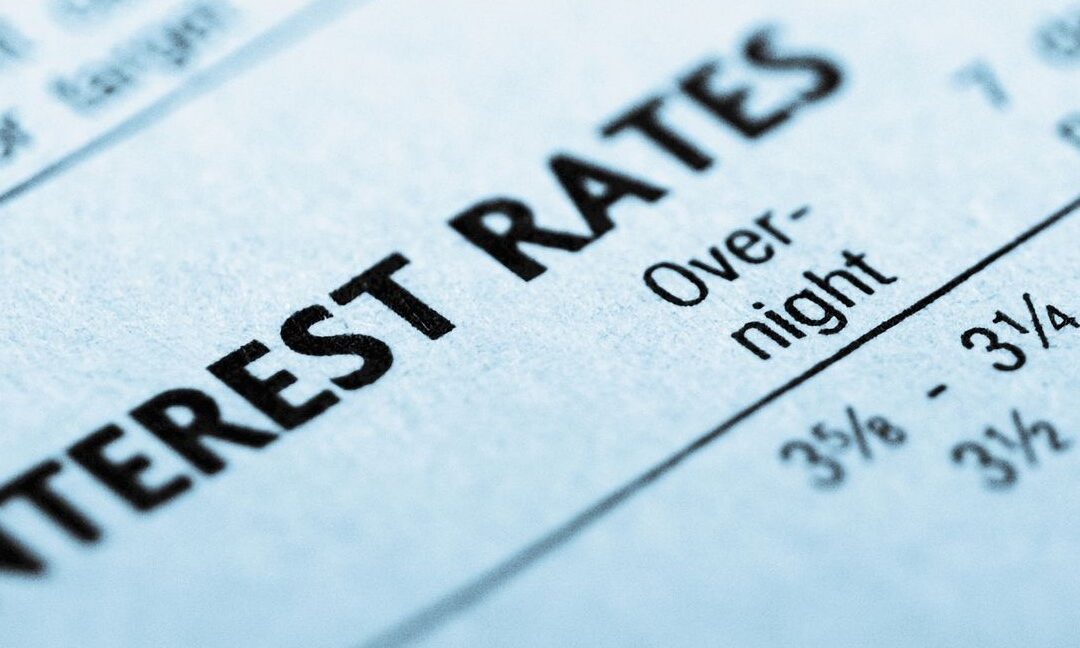Abstract
This article examines the rationale behind investing in real estate when bank interest rates offer a seemingly more attractive return. With current bank interest rates exceeding 5%, the decision to invest in real estate requires a comprehensive analysis of various factors including risk, return, diversification, tax benefits, and long-term growth potential. The study aims to provide a balanced perspective on why real estate investments may still be a viable option despite lower immediate returns compared to high-yield savings accounts.
Introduction
The economic landscape is continuously evolving, with interest rates fluctuating in response to monetary policies and market conditions. As of now, bank interest rates have risen above 5%, presenting a lucrative opportunity for conservative investors seeking stable returns. However, the allure of real estate investment, traditionally known for its potential for capital appreciation, diversification benefits, and tax advantages, remains significant. This article explores the multifaceted considerations that investors should take into account when deciding between high-yield savings accounts and real estate investments.
Risk and Return Analysis
While bank deposits offer a guaranteed return with minimal risk, real estate investments typically involve higher risk due to market volatility, maintenance costs, and potential for property value depreciation. However, real estate can provide higher long-term returns through capital appreciation and rental income. Historically, real estate has shown resilience and growth, often outpacing inflation and providing a hedge against market instability.
Diversification Benefits
Real estate adds a layer of diversification to an investment portfolio, reducing overall risk. Diversification is a key principle in investment strategy, aimed at mitigating risk by spreading investments across various asset classes. By allocating a portion of their portfolio to real estate, investors can achieve a balance that safeguards against market fluctuations impacting any single asset class.
Tax Advantages
One of the significant benefits of real estate investment is the array of tax incentives available. Investors can deduct mortgage interest, property taxes, and operational expenses from their taxable income. Additionally, real estate offers depreciation benefits, which can further reduce tax liability. These tax advantages can significantly enhance the net return on real estate investments, making them more competitive with high-yield bank accounts. Many of these benefits flow through syndicated real estate assets to its investors.
Inflation Hedge
Real estate serves as an effective hedge against inflation. As the cost of living rises, so do property values and rental incomes. This characteristic ensures that real estate investments preserve purchasing power over time, unlike fixed-interest bank deposits which may lose value in real terms if inflation rates surpass the interest earned.
Long-Term Growth Potential
Real estate is often considered a long-term investment due to its potential for substantial appreciation over extended periods. Unlike bank interest rates, which can fluctuate and diminish purchasing power in the long run, real estate investments can build wealth through sustained growth in property values. The leverage effect of real estate, where borrowed funds are used to enhance investment returns, further amplifies long-term growth potential.
Case Study and Comparative Analysis
To illustrate these points, consider a comparative analysis of a $100,000 investment in a high-yield savings account versus a real estate property over a 10-year period. Assuming a 5% annual interest rate for the savings account and a 3% annual appreciation rate for the property, along with 5% annual rental income, the real estate investment would potentially yield higher returns when tax benefits and appreciation are factored in, despite lower initial returns.
Conclusion
While high bank interest rates offer attractive short-term returns with minimal risk, real estate investments provide a range of benefits that can result in superior long-term financial gains. The potential for capital appreciation, diversification, tax advantages, and inflation hedging make real estate a compelling option for investors seeking to build and preserve wealth. A balanced portfolio that includes both high-yield savings and real estate can optimize returns while mitigating risks, ensuring financial stability and growth in an ever-changing economic environment.
